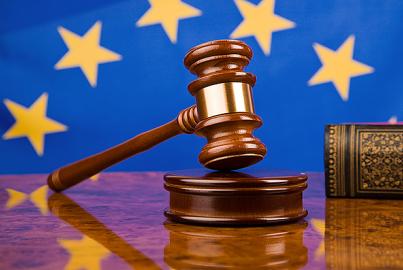Finally an agreement on the Data Protection package. A great day for European citizens and for the European economy.
Other related content
Read more
Read more
Read more
Read more
Read more
European Protection for European Money
05.10.2017
Read more
6 / 50







